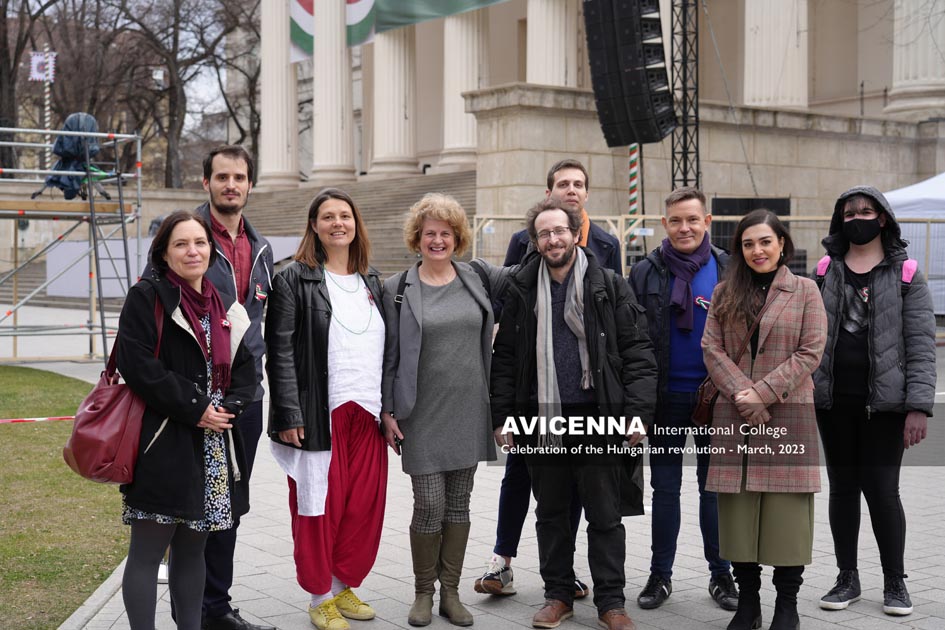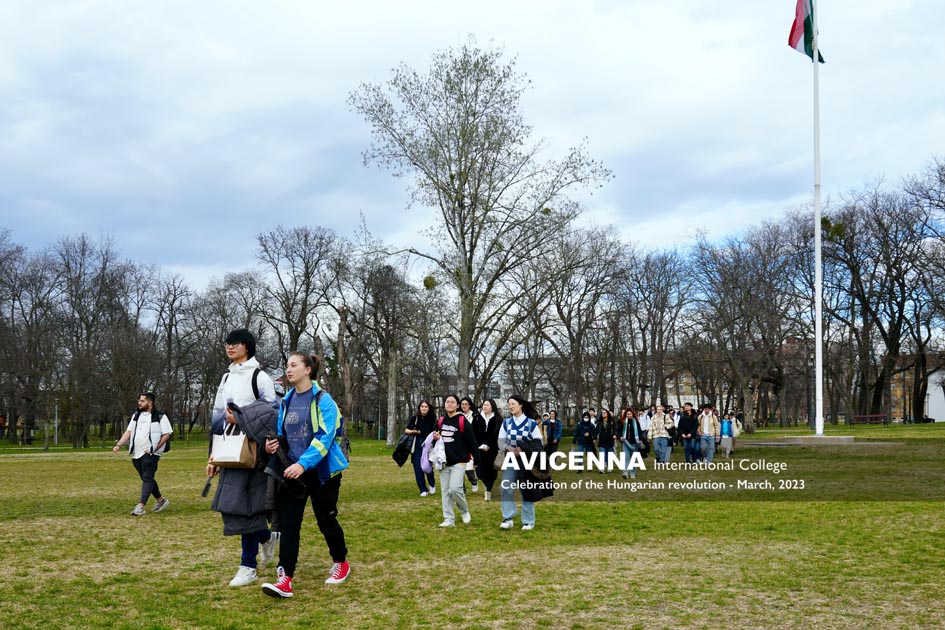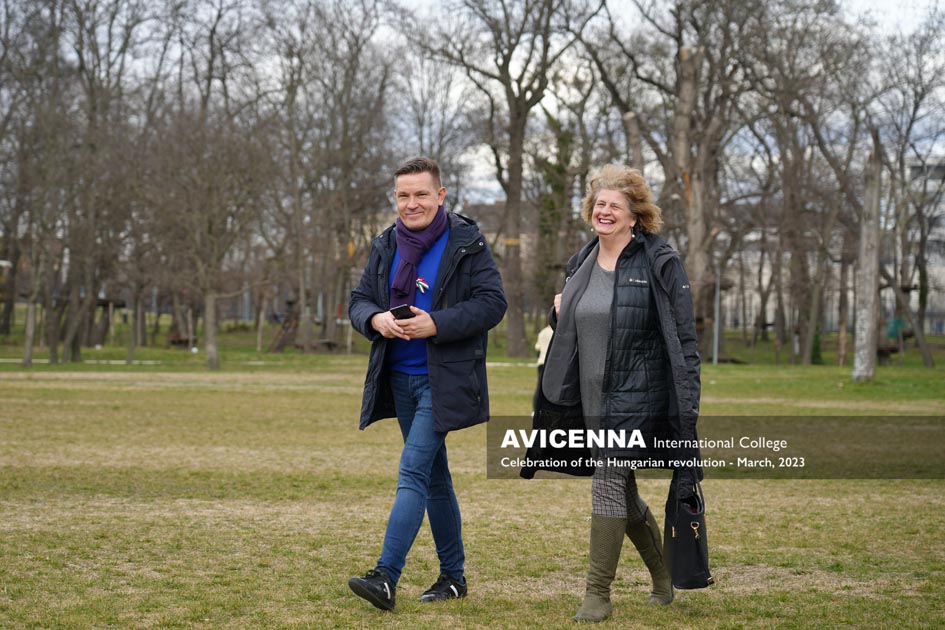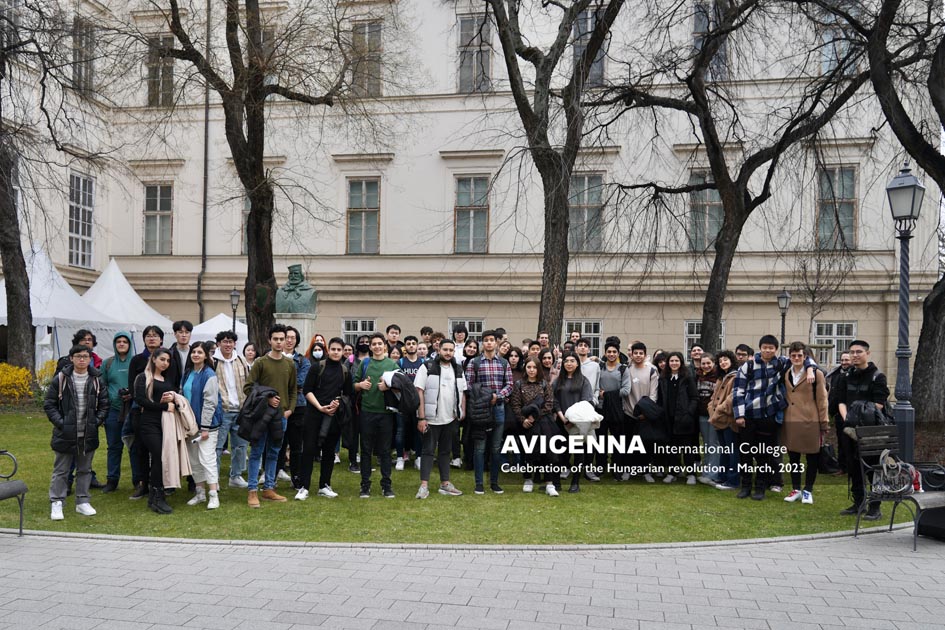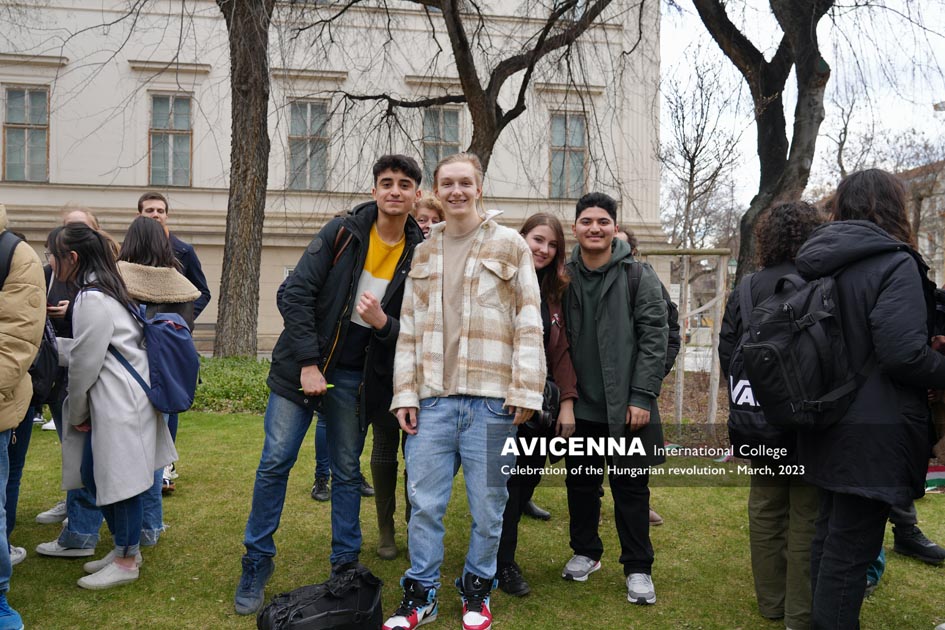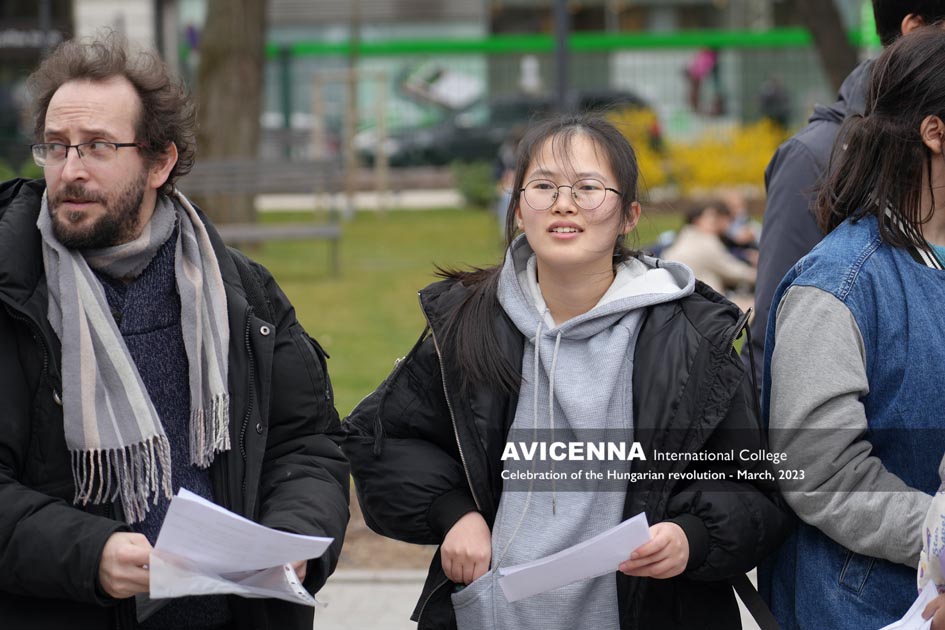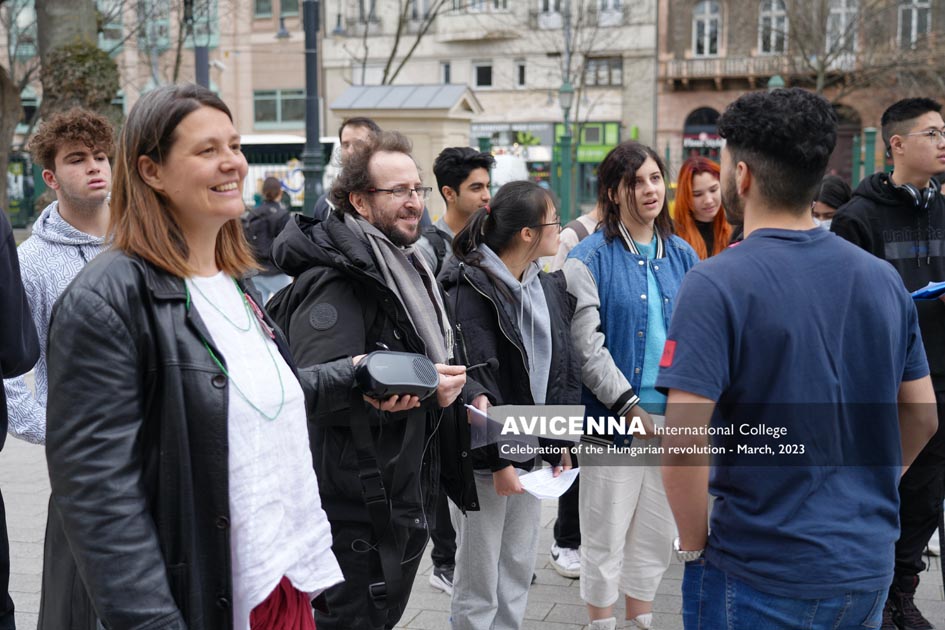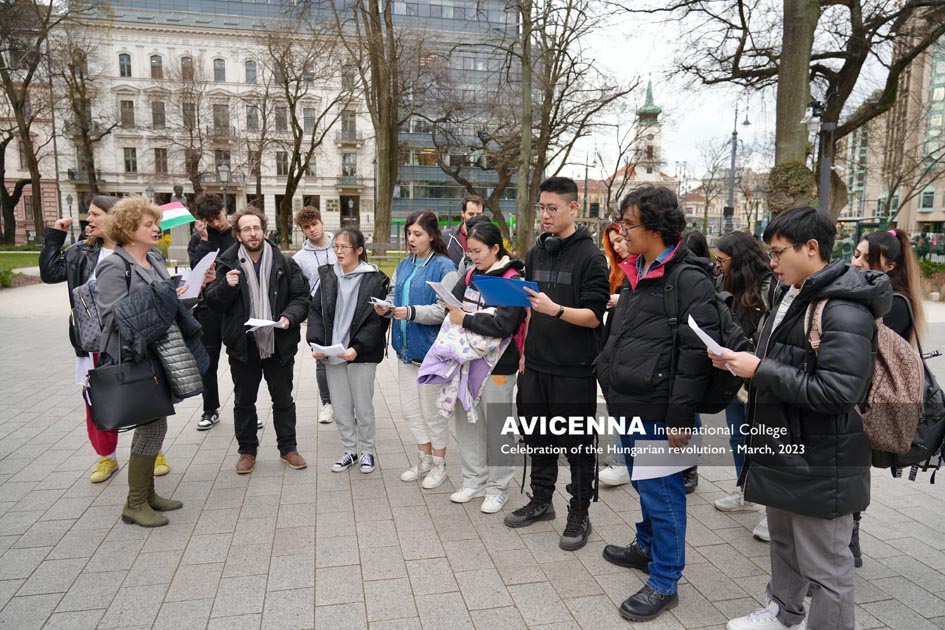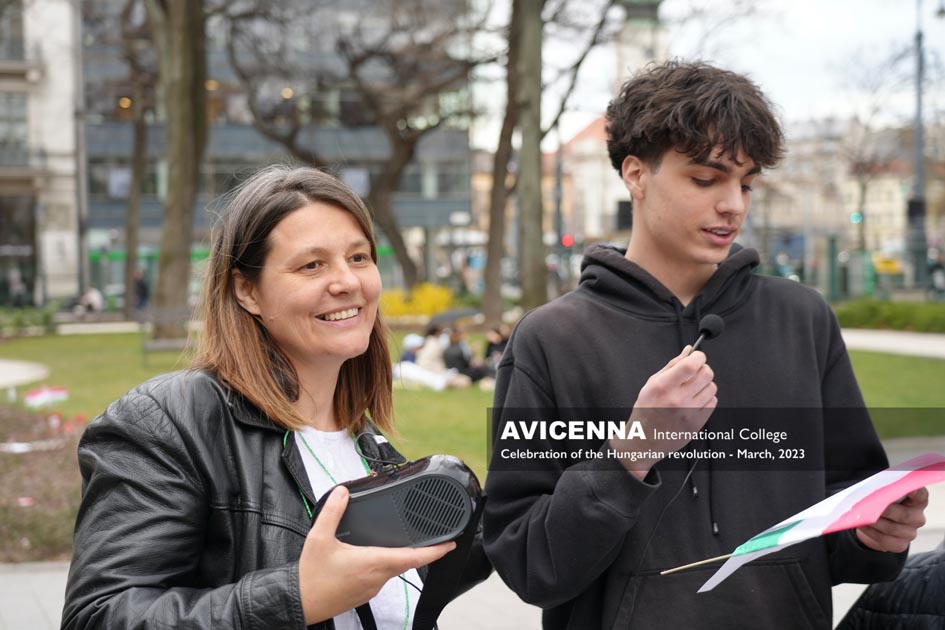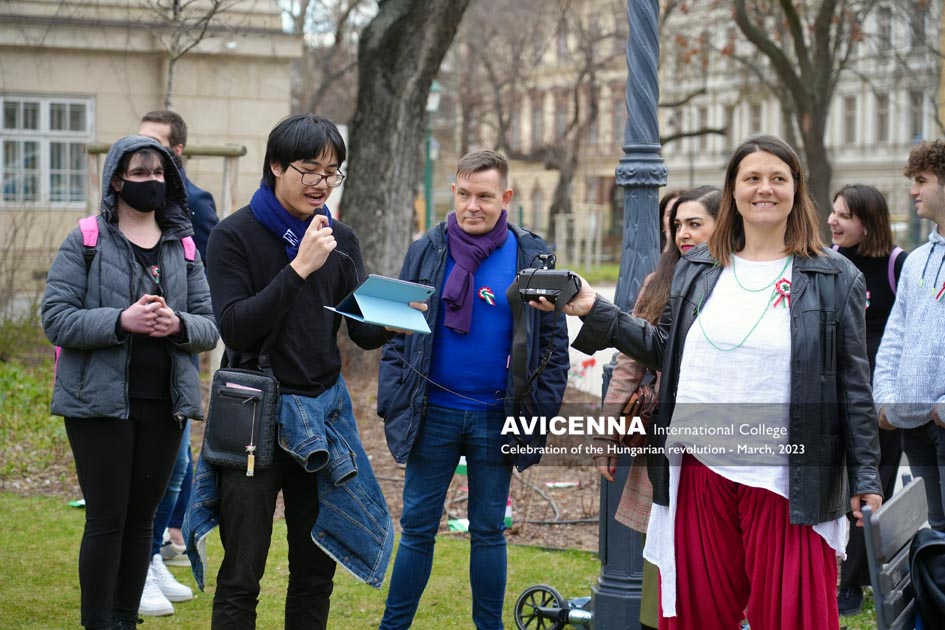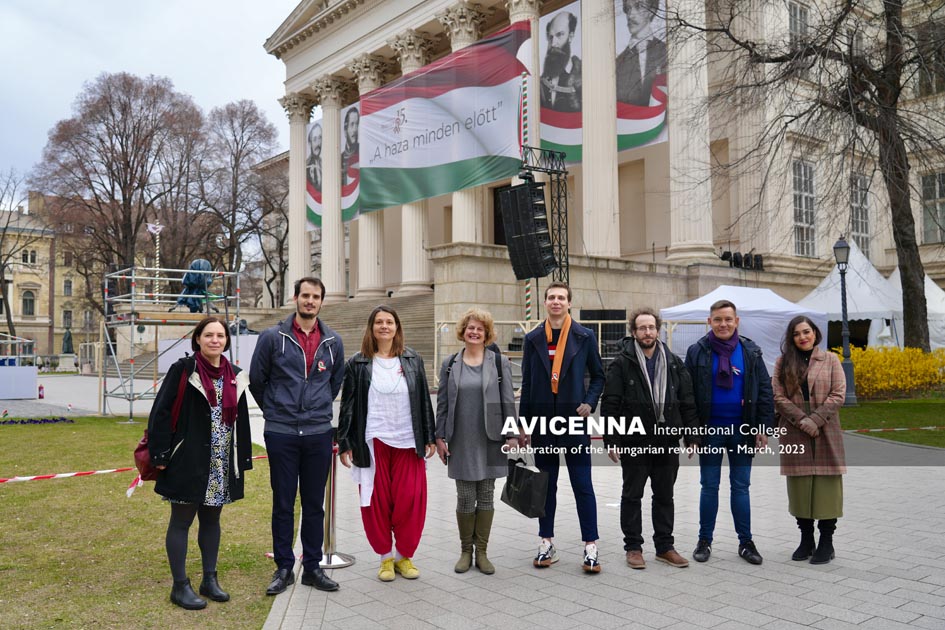The 1848 Hungarian revolution, also known as the Spring of Nations, was a pivotal event in Hungary’s and Europe’s modern history. The revolution grew into a war for independence from the Austrian Empire, which was ruled by the Habsburg monarchy. Although the revolution ultimately failed, it remains one of the most significant events in Hungary’s history, forming the cornerstone of modern Hungarian national identity. The revolution marked the beginning of a new era in Hungarian history, and it fundamentally changed the course of the country’s political and social development.

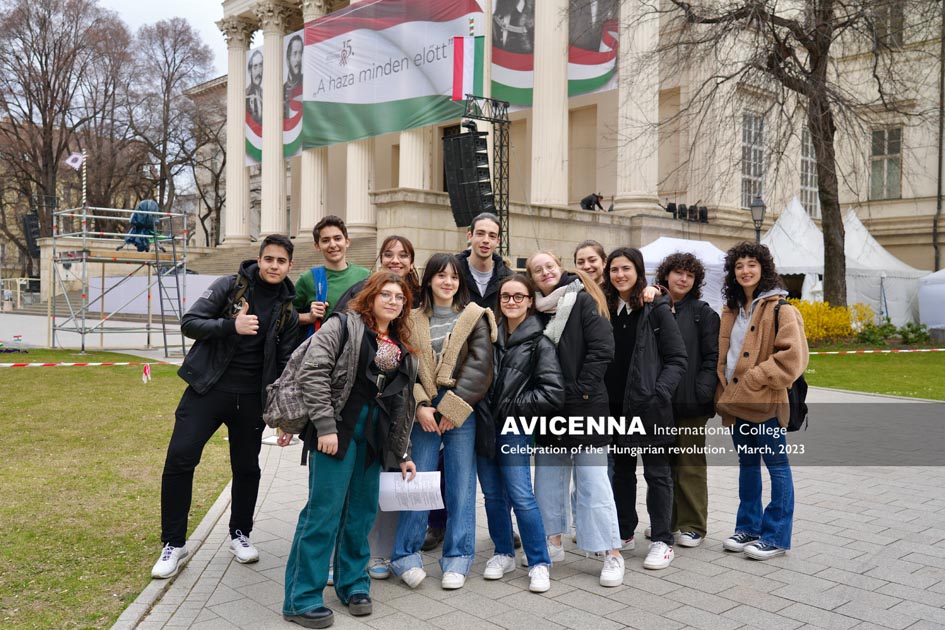
The Hungarian Revolution of 1848 is commemorated annually on March 15, a banking holiday, which is known as the 1848 Revolution Memorial Day. Hungarian students commemorate this day on March 14th to remember the revolution, which was a turning point in the country’s history. The commemoration emphasizes the relevance of the historic fight for democracy and the importance of standing up for freedom, which is a revered part of Hungary’s national identity. The commemoration also highlights the significance of Lajos Kossuth and Sándor Petőfi, the leading figures in the revolution.
On March 14th, 2023, Avicenna students gathered on the steps of the National Museum in Budapest to recite Sándor Petőfi’s poem, “Nemzeti dal” or “National Song”. The event was organized to commemorate the 1848 Hungarian Revolution, which began on the same steps of the National Museum, where Petőfi himself recited his poem to a crowd of revolutionaries. The recitation by Avicenna students aimed to pay tribute to Petőfi’s poem and its significance in Hungarian literature and national identity. The students, who come from various countries, including Hungary, recited the poem in Hungarian, showcasing their commitment to the country’s culture and history. The recitation was also an opportunity for the students to connect with Hungary’s literary and cultural heritage, as well as to learn more about the country’s history and national identity.
Petőfi’s poem, “Nemzeti dal,” is considered one of the most significant works in Hungarian literature and has become a symbol of Hungarian national identity. The poem, which was written for a reform banquet organized by university students in 1848, became a rallying cry for Hungarians during the revolution. Its structure and rhythm aided in the process of transmitting and memorizing scientific and medical knowledge passed from teacher to student. The poem has since been recited at significant events in Hungarian history, including the 1956 Hungarian Revolution. The recitation of Petőfi’s poem by Avicenna students on the steps of the National Museum was a powerful tribute to the poem’s significance in Hungarian literature and national identity.
The commemoration of the 1848 Hungarian revolution is an essential aspect of Hungarian national identity. It serves as a reminder of the country’s struggle for independence and autonomy from the Habsburg Monarchy. The revolution and its aftermath are one of the most decisive events in Hungary’s modern history and a cornerstone of national identity. The commemoration also highlights the importance of remembering and learning from the past, as it shapes the present and the future of the country.


